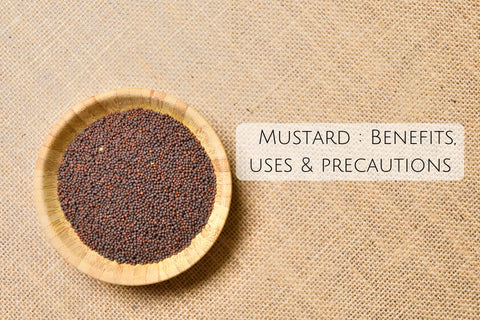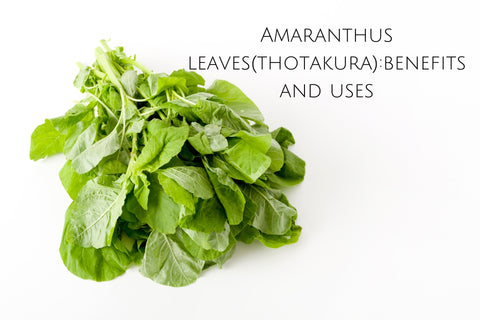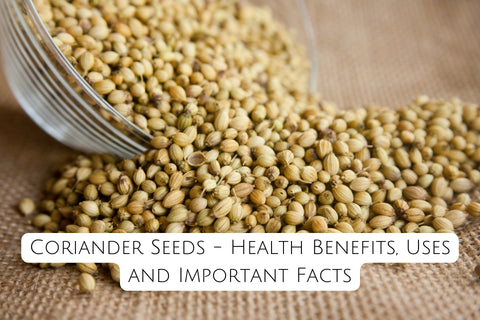Mustard can be defined as a condiment made from the seeds of the mustard plant (Brassica spp.), which are ground and mixed with a liquid, typically vinegar or water, along with other seasonings and spices. This mixture results in a thick, flavorful paste or sauce that is commonly used to enhance the taste of various dishes. Mustard can vary in flavor and spiciness depending on the type of mustard seeds used and the specific ingredients and processing methods employed in its preparation. It is widely used in culinary applications as a spread, dip, marinade, or ingredient in dressings, sauces, and a variety of savory recipes.
History:
- Mustard seeds have a long and rich history, dating back to ancient times. They have been used as a food, spice, and medicine for thousands of years.
- The earliest known evidence of mustard cultivation comes from the Indus Valley Civilization in India, where mustard seeds were grown as early as 3000 BC. Mustard was also used by the ancient Egyptians, Greeks, and Romans.
- Mustard is mentioned in the Bible and the Quran, and has been used in traditional Chinese medicine for centuries.
- Mustard seeds were first brought to Europe by the Romans, and by the Middle Ages, mustard was a popular condiment throughout Europe.
- In the 13th century, the French began producing mustard in Dijon, which became known for its high quality. Dijon mustard is still popular today.
- Mustard seeds were introduced to the Americas by European settlers in the 16th century. Mustard quickly became a popular condiment in the Americas, and today, the United States is the world's largest producer of mustard seeds.
- Mustard seeds are used to make a variety of different products, including mustard condiments, mustard oil, and mustard powder. Mustard seeds are also used in some types of cheese and sausage.
- Today, mustard is a popular condiment all over the world. It is used in a variety of dishes, including sandwiches, burgers, hot dogs, salads, and sauces. Mustard is also used in some types of marinades and rubs.
- Mustard seeds are a versatile and flavorful ingredient with a long and rich history.
Uses:
Mustard seeds are versatile and can be used in a variety of culinary applications to add flavor, spice, and texture to dishes. Here are some common uses of mustard seeds in cooking:
Spice Blends:
Mustard seeds are a key ingredient in many spice blends and mixtures. For example, they are used in curry powders, garam masala, and pickling spices, contributing to the overall flavor and aroma of these blends.
Pickling:
Mustard seeds, particularly brown and black varieties, are commonly used in pickling vegetables like cucumbers, cauliflower, and onions. The seeds add both flavor and a bit of crunch to pickled items.
Whole Grain Mustard:
Whole mustard seeds can be mixed with vinegar and other seasonings to create whole grain mustard. This type of mustard is characterized by its coarse texture and slightly nutty flavor. It's often used as a condiment or a sandwich spread.
Mustard Oil:
Mustard seeds are used to produce mustard oil, which is a common cooking oil in many parts of the world, especially in Indian cuisine. The oil has a distinctive, pungent flavor and is used for sautéing, frying, and seasoning dishes.
Curry and Indian Cuisine:
Mustard seeds are a fundamental ingredient in Indian cuisine. They are often tempered in hot oil at the beginning of the cooking process to release their flavor and aroma. This technique is known as "tadka" or "tempering" and is used in a wide range of Indian dishes, including curries, dal (lentil dishes), and vegetable stir-fries.
Spice Rubs:
Mustard seeds can be ground into a powder and used in spice rubs for meats, poultry, and seafood. The mustard flavor adds depth and complexity to the rub, enhancing the overall taste of the dish.
Homemade Condiments:
Mustard seeds can be used to make homemade mustard condiments. Yellow mustard, Dijon mustard, and other varieties can be prepared by grinding mustard seeds and mixing them with vinegar, water, salt, and other seasonings to create unique flavors.
Breads and Baking:
Mustard seeds can be sprinkled on top of bread or incorporated into bread dough for added flavor and texture. They are also used in some baked goods, such as savory biscuits and pretzels.
Salad Dressings:
Mustard seeds can be utilized to make homemade salad dressings. When ground or emulsified with oil and vinegar, they can add a zesty kick to salads.
Soups and Stews:
Mustard seeds can be used to flavor soups and stews. They can be added whole or ground, depending on the desired level of flavor and texture.
Marinades:
Mustard seeds can be included in marinades for meats, poultry, and seafood to infuse them with a tangy and slightly spicy taste.
Mustard benefits:
Rich in Nutrients: Mustard seeds are a good source of essential nutrients, including dietary fiber, vitamins, and minerals. They contain vitamins such as B-complex vitamins (e.g., niacin and riboflavin), vitamin A, vitamin C, and vitamin K. Minerals found in mustard seeds include calcium, magnesium, phosphorus, and potassium.
Antioxidant Properties: Mustard seeds contain antioxidants, such as selenium and various phytonutrients, that help protect cells from oxidative damage caused by free radicals. Antioxidants are associated with reduced risk of chronic diseases.
Potential Anti-Inflammatory Effects: Some studies suggest that compounds in mustard seeds may have mild anti-inflammatory properties. Consuming mustard as part of your diet may help reduce inflammation in the body, which is linked to various chronic diseases.
Digestive Health: Mustard seeds are known to stimulate digestion by promoting the production of digestive enzymes. This can aid in the breakdown of food and may alleviate digestive discomfort for some individuals.
Heart Health: Mustard seeds contain omega-3 fatty acids and have a negligible amount of saturated fat. Omega-3 fatty acids are known for their heart-protective effects, as they may help reduce the risk of cardiovascular diseases.
Weight Management: Mustard is a low-calorie condiment and can be used as a flavor enhancer in dishes without significantly adding to the calorie content. Adding mustard to meals can provide flavor satisfaction while keeping calorie intake in check.
Diabetes Management: The fiber content in mustard seeds may help stabilize blood sugar levels by slowing down the absorption of carbohydrates. This may be beneficial for individuals with diabetes or those looking to manage blood sugar levels.
Cancer Prevention: Some research has suggested that certain compounds in mustard seeds, like glucosinolates, may have anticancer properties.
Bone Health: Mustard seeds contain calcium, magnesium, and phosphorus, which are essential for maintaining strong and healthy bones.
Skin Health: Mustard oil, derived from mustard seeds, is sometimes used topically for massages and skin care. It is believed to improve blood circulation and skin health, although individual reactions may vary.
Precautions:
- Mustard seeds are generally safe for most people to consume in moderation, but there are some precautions to take:
- If you have thyroid problems, talk to your doctor before consuming mustard seeds. Uncooked mustard seeds contain goitrogens, which can interfere with thyroid function.
- If you are taking any medications, talk to your doctor before consuming mustard seeds. Mustard seeds may interact with certain medications, such as antacids and warfarin.
- Store mustard seeds properly. Mustard seeds should be stored in a cool, dark place in an airtight container. This will help to prolong their shelf life.
- Discard old mustard seeds. Mustard seeds will eventually spoil, so it is important to discard old mustard seeds.
Conclusion:
Mustard is a versatile and flavorful condiment with a long and rich history. It is generally safe for most people to consume in moderation, but it is important to be aware of the potential side effects and precautions.Mustard is a good source of vitamins and minerals, and it may have some health benefits, such as improved cardiovascular health, anti-inflammatory properties, and boosted immune function. However, it is important to consume mustard in moderation, as too much can cause stomach upset and other side effects. People with thyroid problems, allergies to mustard, or who are taking certain medications should be especially careful when consuming mustard.




Comments (0)
There are no comments for this article. Be the first one to leave a message!